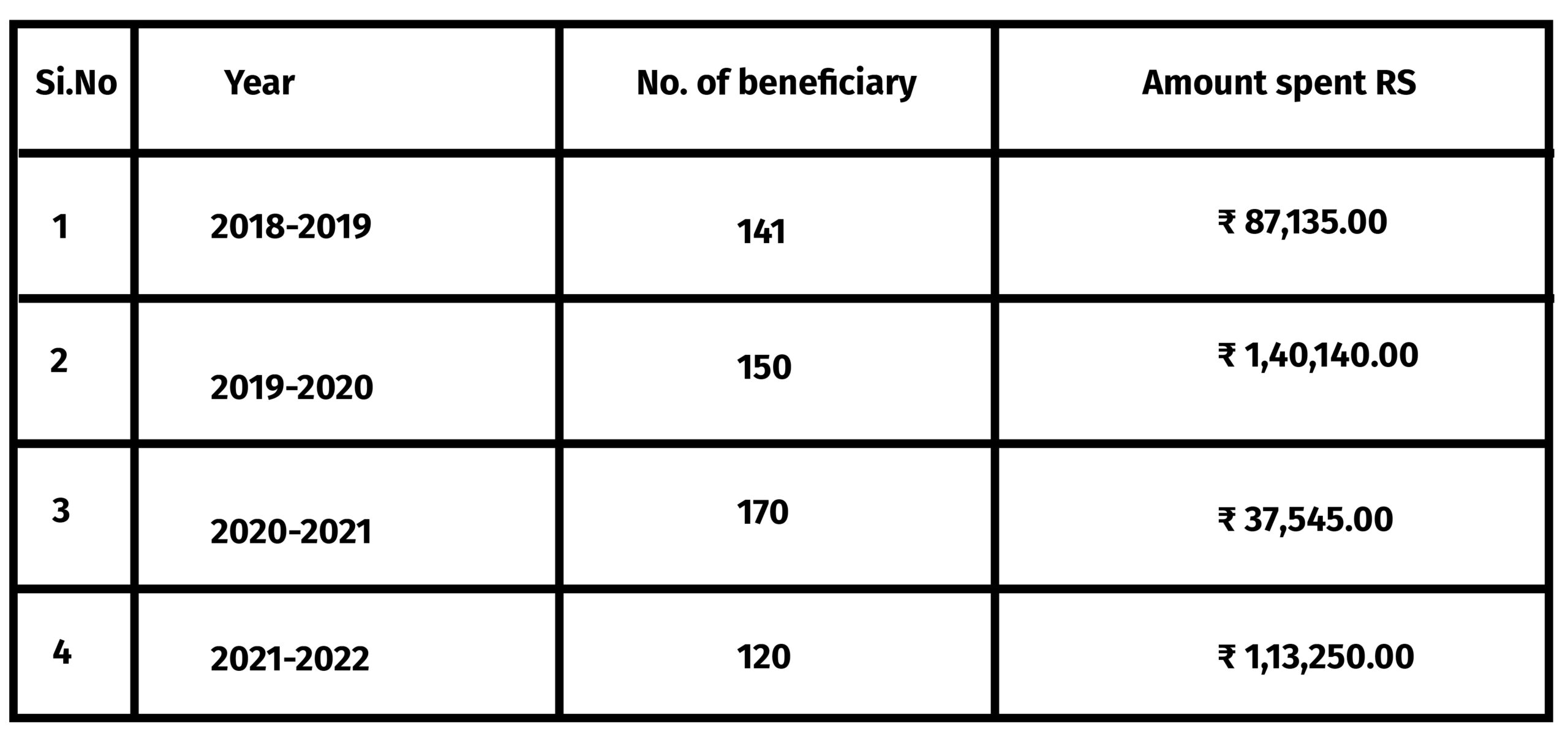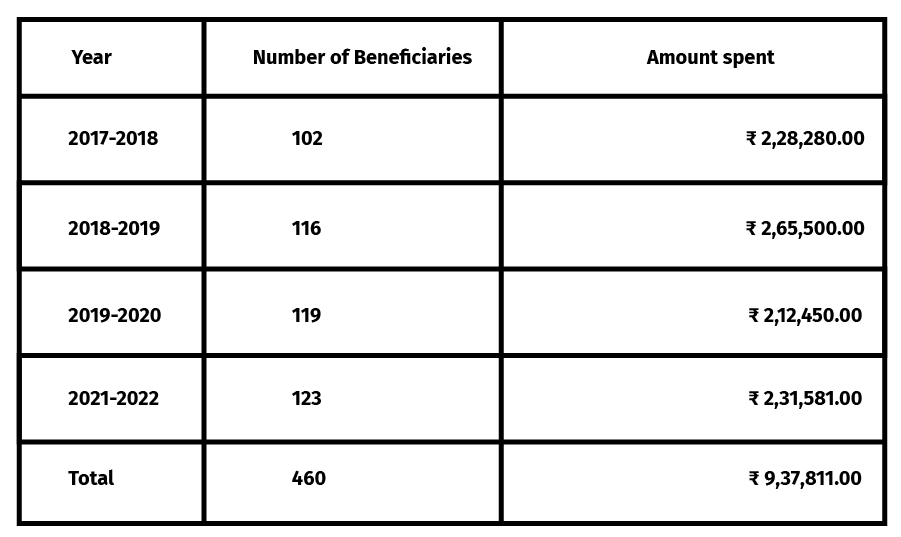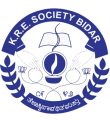Karnataka Rastriya Education Society
- principal@kascc.in.net
- +919343834635
Best Practices
Best Practices
Title of the Practice: Holistic support for underprivileged students
Objectives of the Practice
- To provide to institutional scholarship to underprivileged students
- To provide health insurance
- To provide subsidized meals
The Context
More than 45% of the KASSC students come from villages, and most are economically weak. These students need more financial assistance other than Government scholarships. In this context, the institution has introduced a student welfare scheme to meet poor and meritorious students requirements. We constituted a POOR STUDENT AID FUND (PSAF) in 2004 to support them in reaching their higher education goals. This committee have been working to fulfill the needs of the poor and meritorious students by providing various facilities such as College tuition fees, Bicycles, Books, Uniforms, ICT training, health insurance, midday meals and scholarships, based on their request.
The Practice
The committee calls for applications from the students and conducts Teacher- students-parents meeting every year, interviews the students and parents to confirm
their true economic conditions. After notifying the selected list, based on the student requirement facilities such as College fees, Bus pass, Bicycle, Uniforms, ITC
training, Spoken English Training, Books, Midday meal, Health insurance, Dictionaries, Scientific Calculators have been providing for more than 150 students every year.
PSAF Committee is collecting funds from the KRE Society, members of Management, members of teaching faculty and alumni. The beneficiary alumni of PSAF are also contributing generously.
The SOP (Standard operating procedure) of the scheme is as follows: The students are identified by inviting applications along with an income certificate and cast certificate. After scrutinizing the applications, counseling with parents will be held every year in Nov/Oct.
Based on the following conditions student will be selected.
- Be a regular student.
- Not be hostelier
- Students should be outside the city
- The mentor teacher should recommend the student.
- Students found mischievous/ providing wrong information will be dropped from the scheme.
SOP for KRE Annapurna (Midday meals)
- Printed/Moulded tokens to be issued, duly signed by the Principal or nominated person with dates( Monthly/Weekly)
- Students present the token with Rs. 5/- at the canteen to get the food served.
- The PSAF committee collects the token at 5.00 pm every day and takes a record
- For each such token, the college PSAF pay Rs 15/-in cash ( Cheque)
Quality Control and Monitoring Committee: It consists of
- the Principal,
- the PSAF convener and faculty-wise one teaching staff member to check the quality, quantity and hygienic service.
Evidence of Success
Table-1: Gives the number of beneficiaries and amount spent during the last five years to provide the various facilities.
Table-2: Gives the number of beneficiaries and amount spent during the last five years to provide midday meals

Best Practice 2

Title of the Practice: ICT Enabled Diversified Teaching-Learning
Objectives of the Practice:
To provide self –learning platform for students and teachers belonging to different disciplines such as arts, science and commerce
The Context:
In the recent past, the world has witnessed outstanding growth in communication technology, computer network and information technology. These created numerous possibilities for using various technology tools for teaching and learning systems. In this context, the college has integrated various ICT facilities to enhance the teaching and learning process of the teacher and student. The essential facilities like the Swayam platform, FOSS programmes, NPTEL, LMS, google meet, Simulation through PHET platform, Nielit Smart Lab, teachmint and google classrooms are effectively used by teachers and students with Wi-Fi and 100mbs internet speed available in the campus.
The Practice:
Through a notice the students are informed about Spoken tutorial FOSS and NPTEL Certification courses and Swayam programs available along with the detail schedule and procedure. Besides, College has MoU with ICT academy of India to explore the ICT facilities offered by it. ICT academy invites regularly the students to participate in skill edge, power seminars and attending automation progammes. An exclusive computer assisted language learning center established. For each course Mentors are appointed based on their expertness and Students are asked to enroll with their names their mentors. For Science faculty all students are provided a time slot during their practical for NPTEL and Spoken tutorial courses. In the case of arts and commerce faculty a special time-table is prepared for NPTEL and FOSS programmes. At the end of the semester or course duration students undergo the examinations of Spoken tutorial (Online at the college) and NPTEL (at NPTEL Exam
center). The details of trainings organized, courses completed are given below. Meanwhile, 200 computers, 10 interactive white boards and ICT skill development centers were added during the last five years to support ICT enabled teaching and learning.
Evidence of Success:

ICT Academy Activities:
304 Total No. participation in skill edge training
015 Total No. students completed training with Automation Anywhere Industry
016 Total No. participated in power seminar
002 Center of Excellence awards
Problems Encountered and Resources Required
Financial and space constraints
Contact Details
Dr. Mallikarjun Hangarge, Principal
Karnatak Arts, Science and Commerce College, Bidar
Pincode: 585401 Email: principalkascc@gmail.com
Mob: +91 9343834635

